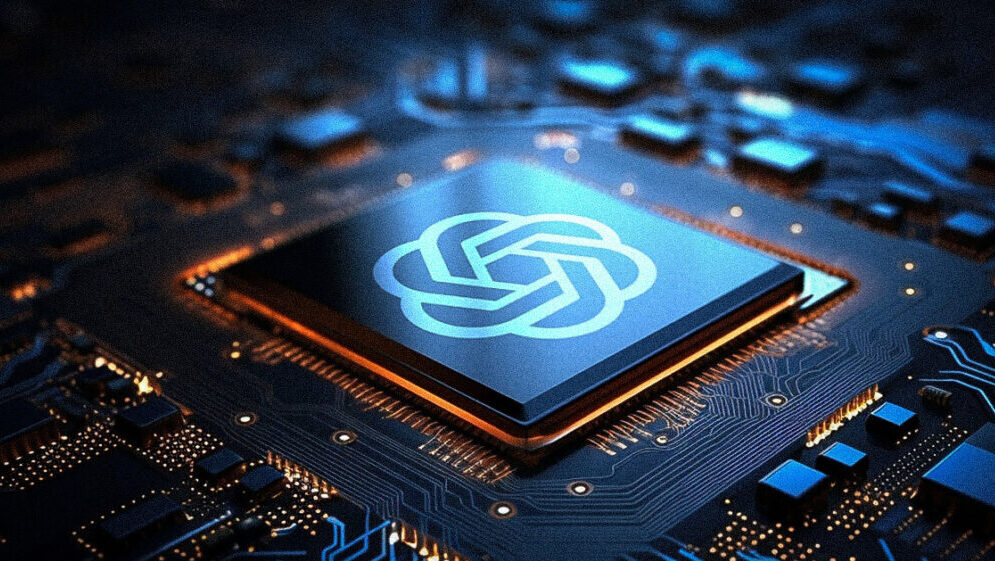According to a new report by the Wall Street Journal, OpenAI CEO Sam Altman is on a mission to raise as much as $7 trillion to boost chip production, specifically AI chips needed to power generative AI applications.
The OpenAI chief has reportedly been involved in talks with major finances across the world including the United Arab Emirates government, laying out his plans to tackle the pressing global shortage of chips.
Among the notable potential investors Altman has engaged with is Sheikh Tahnoun bin Zayed al Nahyan of the UAE, with whom he has recently held meetings, according to the Journal, which cited sources requesting anonymity.
According to reports, Altman is proposing a collaborative venture that involves OpenAI, semiconductor manufacturers, and financiers capable of backing the construction of GPU chip factories. These facilities are to be managed by veteran chip producers, the report elaborates.
Previous reports have pointed out how Altman has been meeting with key executives from prominent chip producers including Samsung Electronics and TSMC executives regarding a partnership in terms of AI chips. Some have also reported that this move is aimed at reducing reliance on Nvidia, the biggest provider of AI GPUs in the market at the moment.
According to reports, Altman is proposing a collaborative venture that involves OpenAI, semiconductor manufacturers, and financiers capable of backing the construction of GPU chip factories. These facilities are to be managed by veteran chip producers, the report elaborates.
GPUs short for Graphics Processing Units, are integral for driving platforms such as ChatGPT, rendering graphics, and enhancing deep learning tasks, and are at the heart of this initiative. Nvidia, a top figure in the chipmaking industry, has lauded GPUs as the “gold” of artificial intelligence, underscoring their vital role in the advancement of generative AI technologies.
In a prediction last year, Altman suggested to the Financial Times that the severe impact of the chip shortage would begin to diminish in 2024, as the market sees an influx of new entrants.
Additionally, the CEO of OpenAI has been outspoken about the critical need for enhanced infrastructure to facilitate the continued progress of artificial intelligence.






